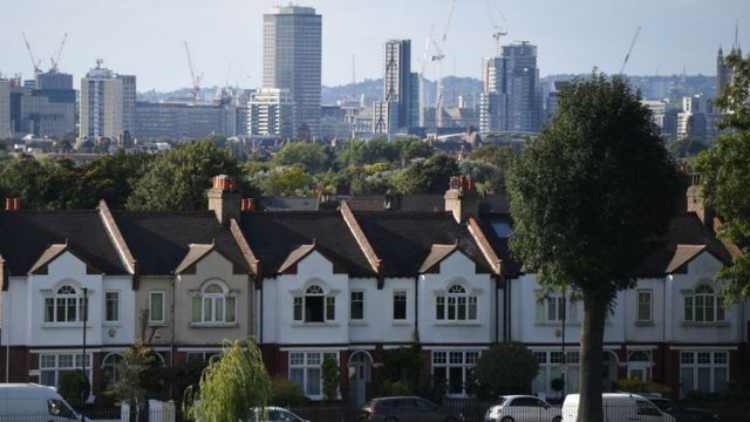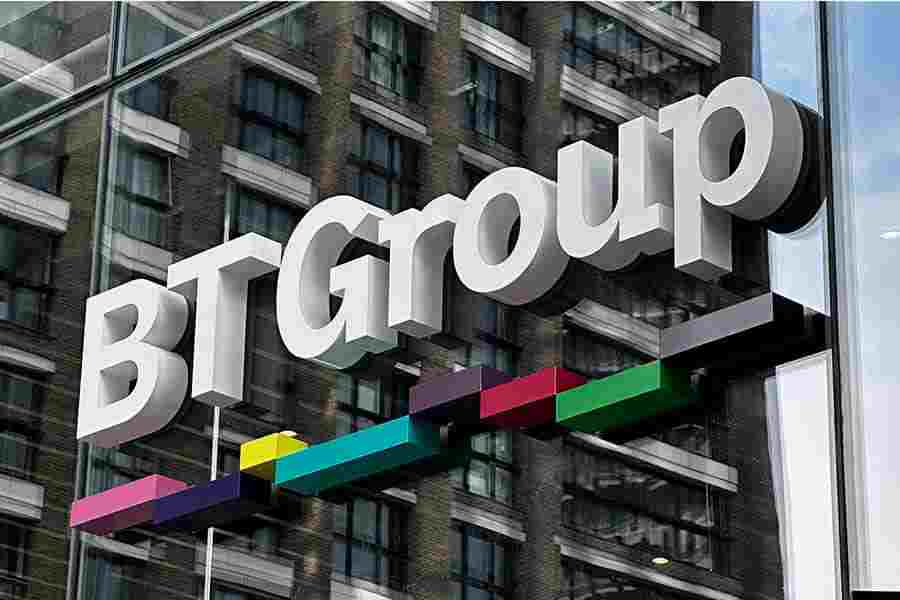House prices in Britain are falling due to high mortgage rates, and the situation could worsen

According to Halifax’s latest price index released on Friday, property prices experienced their largest decline since June 2011, slumping by 2.6% in the year leading up to June.

In June, U.K. house prices experienced their most significant annual decline in 12 years, as the continuously rising mortgage expenses added more strain to the property market.
According to the latest price index from mortgage lender Halifax, property prices plummeted by 2.6% in the year leading up to June. This marks the largest decrease since June 2011 and represents a substantial increase compared to the 1.1% annual drop recorded in May.
For the third consecutive month, prices in the UK housing market have experienced a slight decline, slipping by 0.1% since May. The average cost of a property in the UK now stands at £285,932 (£364,490), which is a decrease from the peak value of £293,992 recorded in August 2022.
Kim Kinnaird, director at Halifax Mortgages, noted that despite the annual decline, there has been a modest recovery in prices this year. This recovery follows the significant downturn caused by the UK’s “mini budget” in October, where mortgage rates surged and property prices plummeted.
Kinnaird stated that the average house prices have actually increased by +1.5% (£4,000) so far in the current year. The majority of this growth occurred in the first quarter, subsequent to the sharp decline in prices witnessed at the end of the previous year.
Nevertheless, Kinnaird highlighted that the housing market remains sensitive to fluctuations in borrowing costs.
House prices are expected to experience a continued decline
Over the past year, homeowners and prospective buyers have faced increasing borrowing costs as the Bank of England attempts to tackle persistent inflation. In June, the BOE surprised the market by raising interest rates for the 13th consecutive time, pushing the base rate to 5%. This move coincided with a rise in UK core inflation in May.
The surge in inflation and higher benchmark bank rates have led to an increase in UK sovereign gilt yields, which are used to determine mortgage prices. Consequently, some lenders have raised their rates or withdrawn certain mortgage products altogether. Sarah Coles, head of personal finance at Hargreaves Lansdowne, expressed concern that the recent rate hike had not been fully reflected in the latest housing data. This suggests that borrowers may experience further difficulties in the future.
According to Moneyfacts, two-year fixed rates began June just below 5.5%, while five-year deals were at 5.1%. However, by the end of the month, these rates had climbed to 6.4% and nearly 6% respectively. Coles emphasized that the impact of these new rates on the housing market remains to be seen.
The prospect of higher mortgage rates is expected to exert downward pressure on the housing market, potentially leading to further price decreases during the summer. Coles noted that sellers have already been lowering prices in order to attract buyers. Zoopla data revealed that one in 20 sellers reduced their prices by an average of 9% in May. Coles anticipates that price reductions will become even more widespread in the coming months, possibly resulting in more significant declines in house prices.







